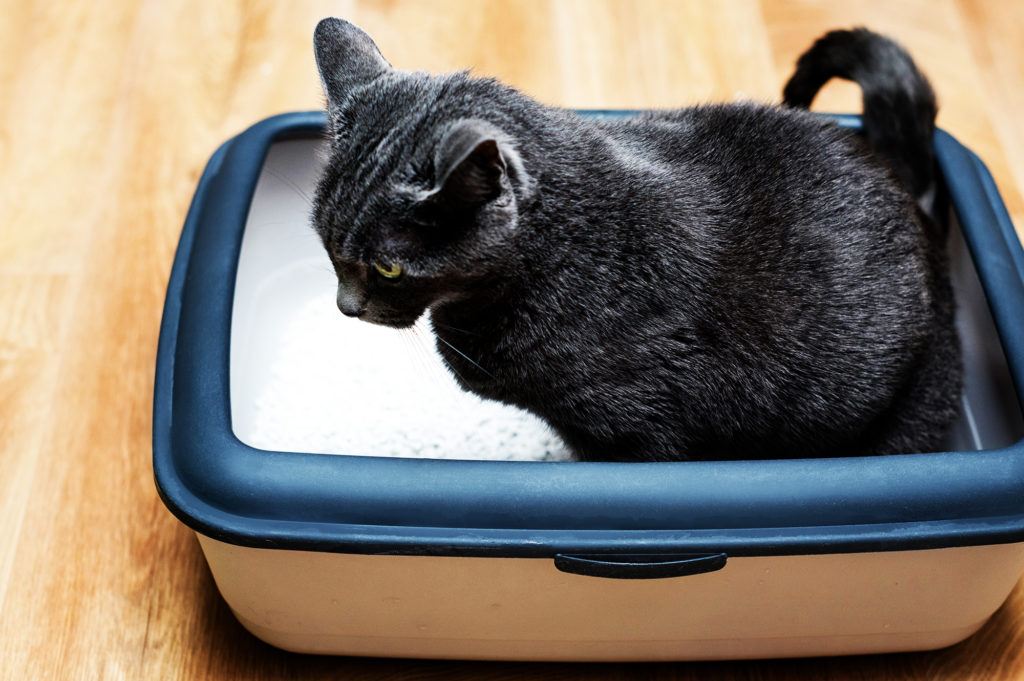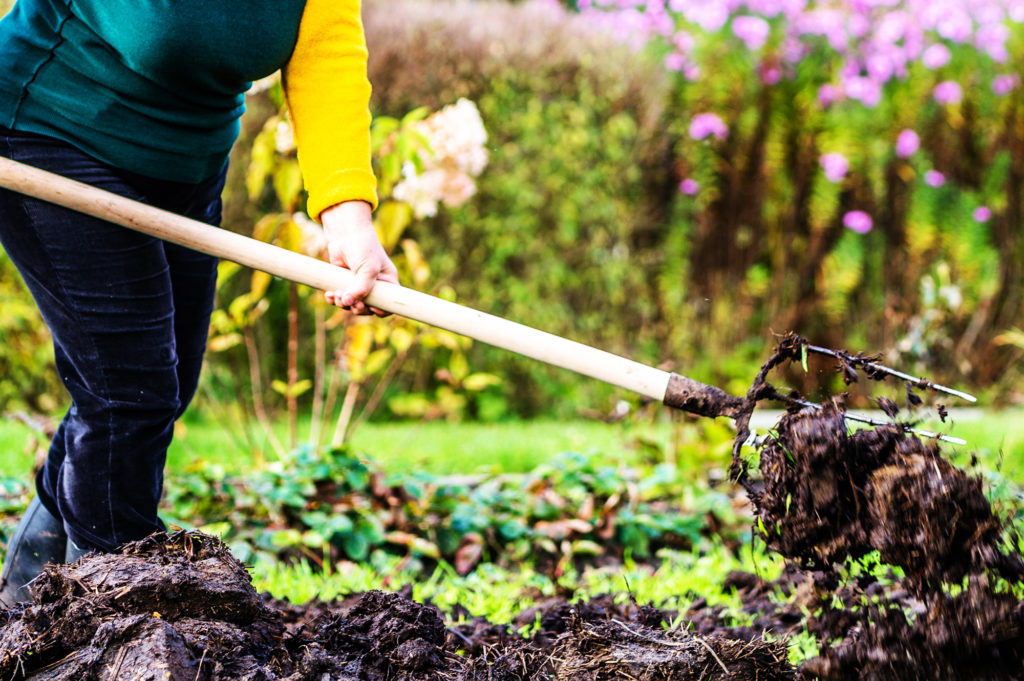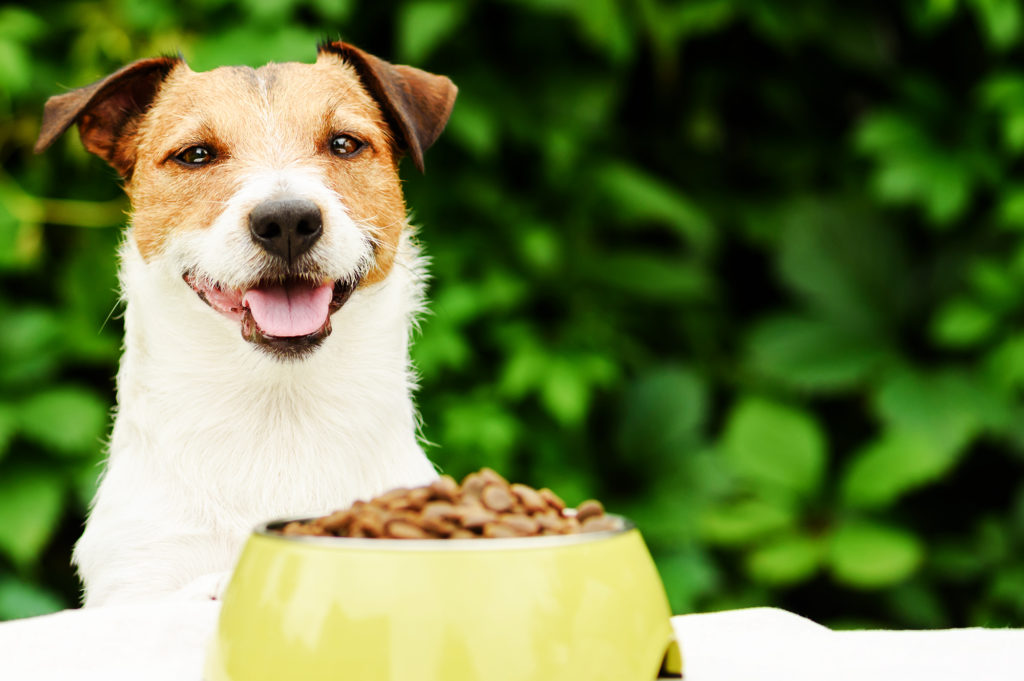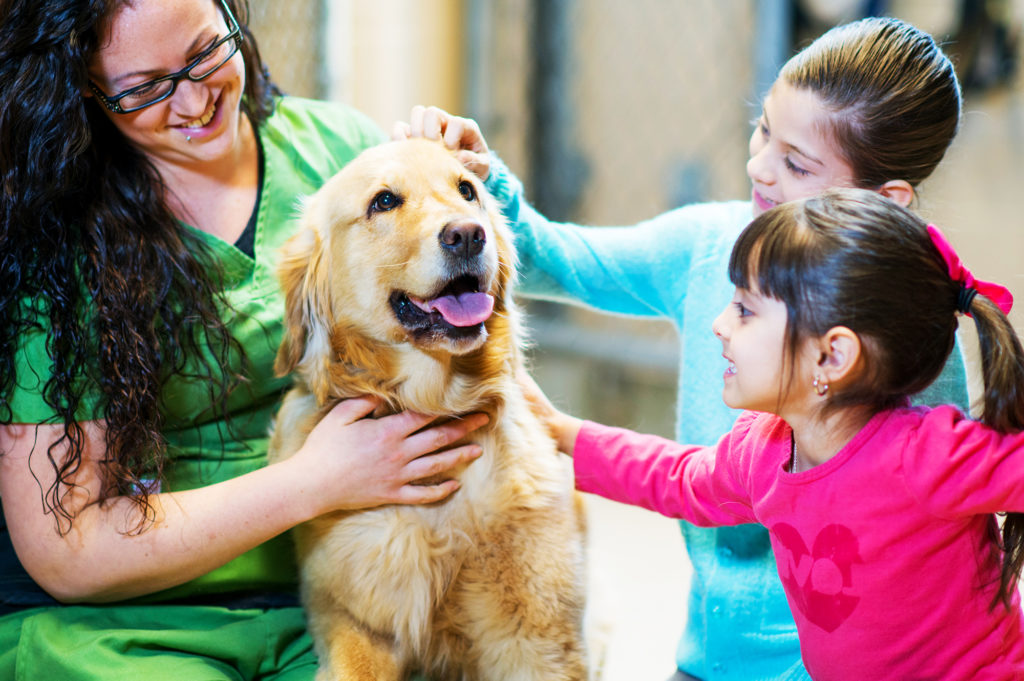You may not realize it, but having pets at home negatively impacts the environment in pretty significant ways. Sure, you may have already ticked the usual boxes—switching to reusable everyday gear, minimizing waste, and searching out greener home products—but environmentally-responsible pet ownership is an issue that you may have overlooked.
Nobody wants to think of their beloved cat or dog as being a contributor of environmental issues like climate change, but more and more studies are highlighting just how much of an effect pets can have on the environment. In fact, it was even found that pets have the same impact as 13.6 million cars in terms of nitrous oxide and methane production.
However, this doesn’t mean that we have to bid our furry friends goodbye (Can anyone actually do that? I know I can’t!). And it doesn’t mean you should feel guilty about your pets environmental footprint either. Being serious about achieving an eco-friendly lifestyle starts with little changes, and little changes add up. With that in mind, here are a few of our favorite tips for going green as a pet owner.
1. Simplicity is the way to go
We get it: you firmly believe that your best friend deserves the absolute best things in the world. But remember that pets have, in the end, pretty simple basic needs.
They thrive on water, food, physical activity, vet visits, and of course, your love and attention. They really don’t need 20 different outfits in the span of a year. Nor do they need new toys every other week. They just really don’t. It won’t make nearly as much difference to them as a nice long walk with you.
Although getting a bunch of toys, fancy collars, and other accessories for your furry friends might be fulfilling, it significantly adds to their environmental footprint. Remember: these things were probably manufactured and distributed using massive amounts of water, oil, chemicals, and energy. They’ll also probably take many many years to naturally biodegrade (if ever!).
You’ve most likely already seen them play with random sticks, boxes, balls of yarn, and other simple household items. So you’re probably aware that there’s absolutely no need to shell out big bucks on glamour toys just to keep them entertained.
2. Mind your waste
Did you know that just 2-3 days’ worth of waste from 100 dogs is enough to close an entire bay—as well as all watershed areas within 20 miles—to shellfishing and swimming due to bacterial risks?
With that said, it’s crucial to start thinking about where your pets’ waste ends up going. The popular practice of scooping dog poop into non-biodegradable plastic bags is a recipe for trouble, as these plastic bags end up in landfills and pose a threat to human health. Meanwhile, unsustainable, clay-type cat litter still reigns supreme on the market, despite the availability of greener options.

Using only biodegradable pet waste bags or sustainable kitty litter is a great first step. However, you can take it a notch higher by composting pet poop in order to minimize the amount of waste that goes into landfills. We particularly find this piece on making your own Dog Waste Composter helpful, or you can get some DIY action going using waste terminator powder.
Just remember to use a composting system that’s separate from the one you use for vegetable gardening. To add, it’s vital to use pet waste compost only on non-edible plant life in order to avoid food poisoning.

3. Switch to more sustainable pet food
Buying responsibly-sourced pet food made with sustainable ingredients can make a huge difference on your pets’ environmental footprint (or paw print, I should say).
If you’ve been a part of the eco-conscious movement for quite some time now, you probably already know that pork and beef products use up a lot of resources and heavily generate waste along the way. As such, feeding your pets chicken- or fish-based food would be helpful.
Making pet food all by yourself would be best, but if you don’t have the time or patience for that (which is totally understandable!), you can also support eco-friendly animal brands like Open Farm and TerraCycle. Check out this grain-free turkey- and chicken-based dog food by Open Farm, for example.

4. Go for eco-friendly pet care products
The use of non-toxic and sustainable hygiene products shouldn’t be restricted to the humans in your household alone. The environment will greatly benefit from your support of eco-friendly pet care products, as well!
Using staples like baking soda, white vinegar, or lemon juice to clean up simple messes is a smart move. When buying commercial items, opt for those that use recycled packaging. Also, you might want to stick to shampoos, conditioners, and anti-flea products that do away with potentially-harmful chemicals.
5. Adopt from a shelter
Choosing to go to a shelter instead of a breeder supports a very important mission—that of against pet overpopulation. According to the American Society for the Prevention of Cruelty to Animals, approximately 6.5 million companion animals enter shelters in the US annually, and only 3.2 million are adopted.
Adopting pets also helps minimize various problems associated with stray animals, such as ecosystem disruption and species invasion.
If you don’t have any plans of getting a new pet soon, you can also donate old toys to animal shelters, or even to your friends and family that are new pet owners. This is a great opportunity to put unused toys to good use, and every donated toy received for free equates to one less unnecessary purchase for another pet owner.

References:
http://newsroom.ucla.edu/releases/the-truth-about-cats-and-dogs-environmental-impact
https://journals.plos.org/plosone/article?id=10.1371/journal.pone.0181301
http://www.plantea.com/dog-waste-compost.htm
https://www.aspca.org/animal-homelessness/shelter-intake-and-surrender/pet-statistics
https:// www.doodycalls.com/blog/epa-says-dog-poop-is-an-environmental-hazard-on-par-with-pesticides/


